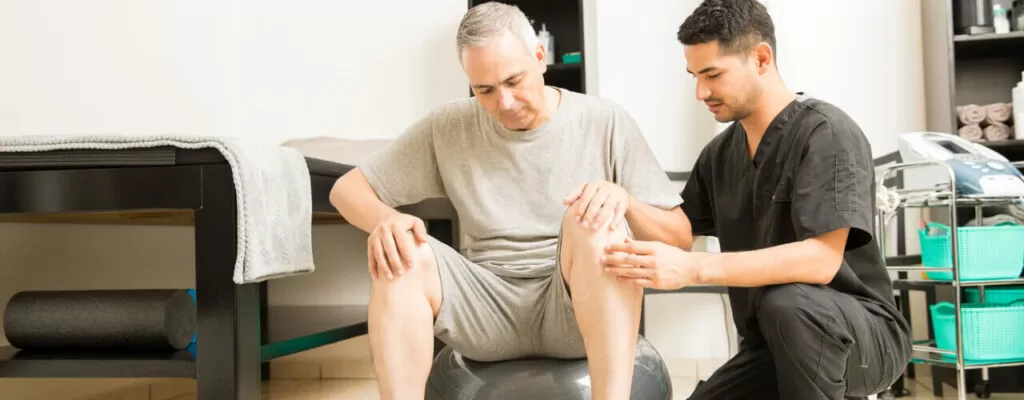Hospitals are some of the most vulnerable places to theft. Security guards can prevent thefts by implementing a few precautionary measures.
Drug and gun theft is a widespread problem in hospitals. Security guards who are tasked with protecting hospital property need to be aware of these types of crimes and take preventive measures to prevent them from happening.
Security guards should make sure that they have a good understanding of the hospital’s layout and security procedures so that they can quickly respond when an incident happens.
What are the most likely places where people will attempt to steal drugs or guns at hospitals?
Hospitals are a place where people come in search of care and relief. However, they also have a high risk of theft. There are many places where people will try to steal drugs or guns from the hospital. One of these is the pharmacy and another is the doctor’s office. The emergency room is also a place where people might try to steal drugs or guns but this is less likely since it is highly monitored by security.
Why are these types of thefts occurring in hospitals?
Hospital theft is a growing concern in the healthcare industry. With the increase in technology, hospitals are becoming more vulnerable to cyber-attacks.
Theft of medical devices and equipment has been on the rise. There are several reasons for this including the following:
1) Hospitals have become increasingly reliant on technology to perform their jobs. With more devices being used, there is a greater chance of these devices being targeted by hackers.
2) The increased use of wireless networks and mobile apps has made it easier for hackers to gain access to hospital networks. This can result in device theft as well as data breaches that could be used for identity theft or fraud.
3) In some cases, hospitals have not been able to keep up with security updates or patches that protect them from cyber-attacks like ransomware.
How can security guard be effective in preventing these kinds of crime?
Security guard is the first line of defense in preventing crime. It is important to have security guards that are trained and capable of handling any type of situation. Buy tactical shotguns and other weapons for guards, so that they can prevent from crime.
The effectiveness of a security guard can be increased with the implementation of technology. The use of AI tools such as facial recognition software and predictive analytics can help in identifying potential areas for crime, which then can be used to create risk assessments for specific locations or events.
There are many ways that AI can help security guards in this regard, but it all starts with an accurate risk assessment.
Security guards can not only prevent crimes but also increase patient safety.
Security guards are more than just an added layer of protection. They can prevent crimes, decrease patient safety risks and even increase safety in the workplace.
The Importance of Hospital Security Guards
There are many security guards at hospitals, but their role is not as important as it should be. They are required to protect patients and visitors from the outside, but they don’t have enough power to do that.
This is where AI comes in. AI can provide the power needed for hospital security guards to protect patients and visitors from the inside. This includes scanning for threats, monitoring patient vitals, and even providing first aid in emergencies.
How do Hospital Security Guards Prevent Crime and Improve Patient Safety
The hospital security guards are responsible for ensuring the safety of the patients and staff in the hospital. They must be able to detect crime, violence, and other threats that may occur at the hospital.
Hospital security guards are trained to use their senses to detect potential threats. They use their eyes and ears to find out whether there is a disturbance or if someone is causing trouble. They also have training on how to react in different situations that may arise in a hospital setting.





